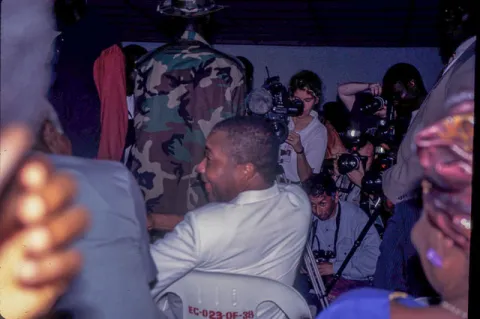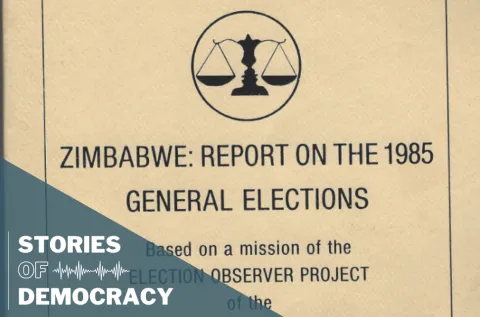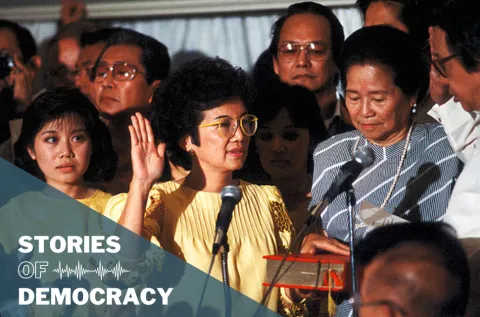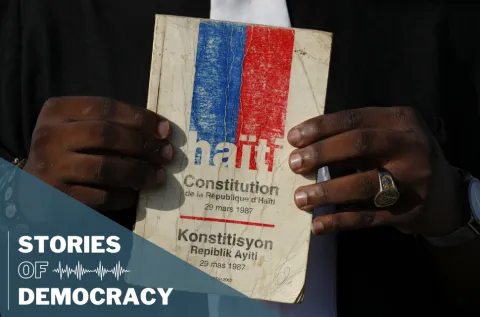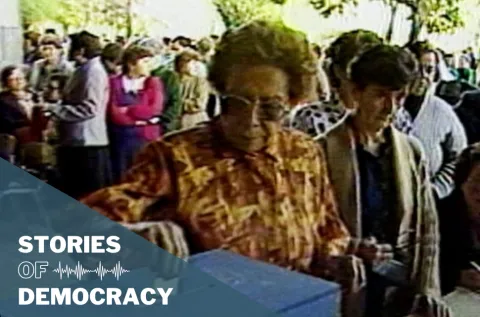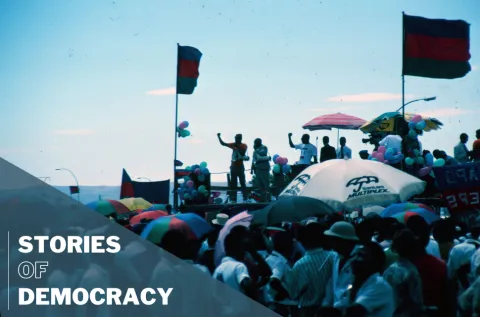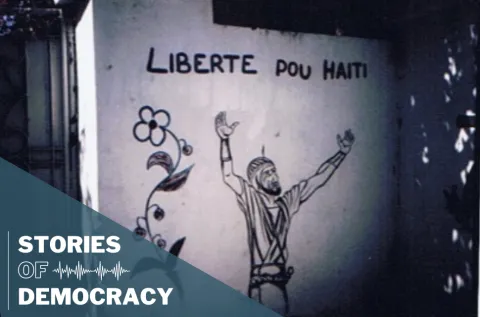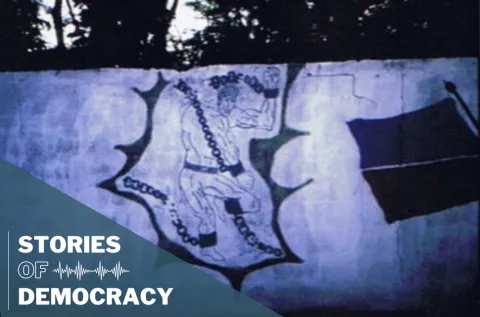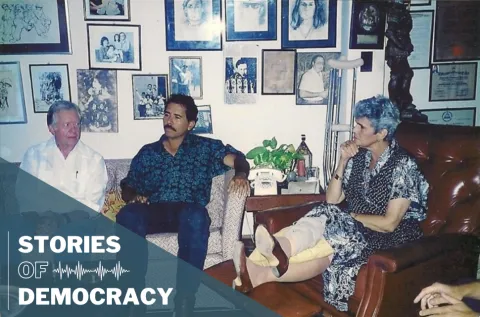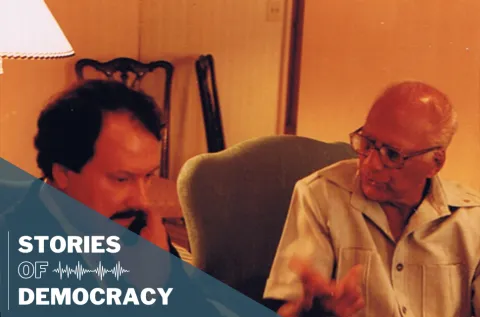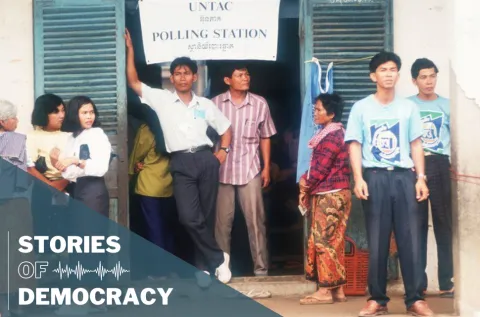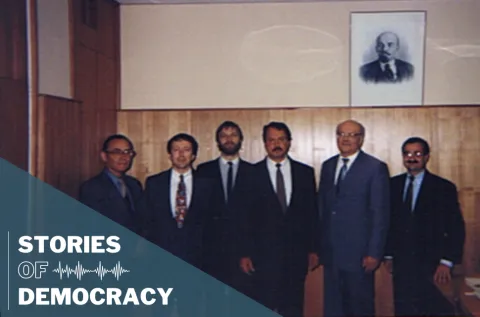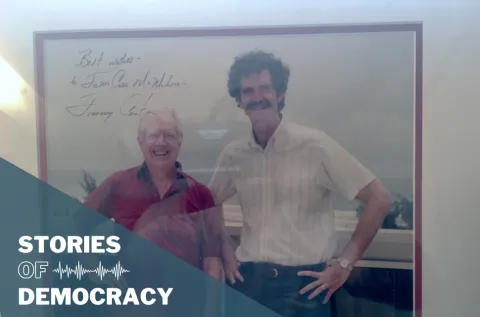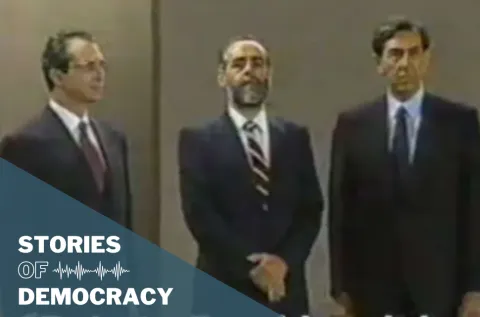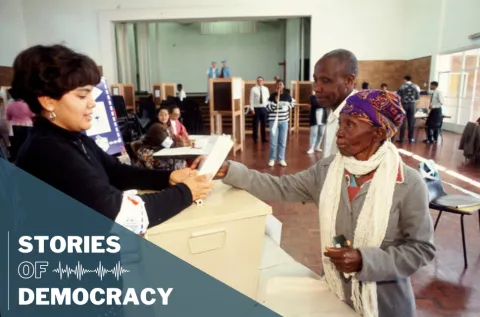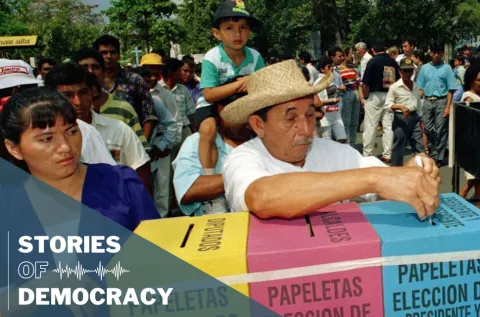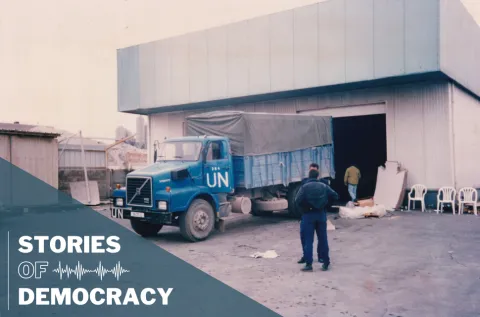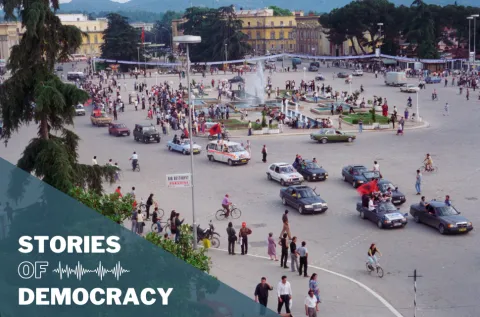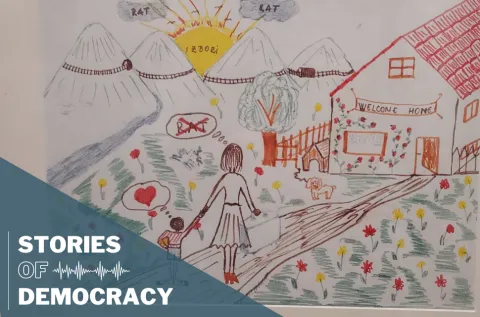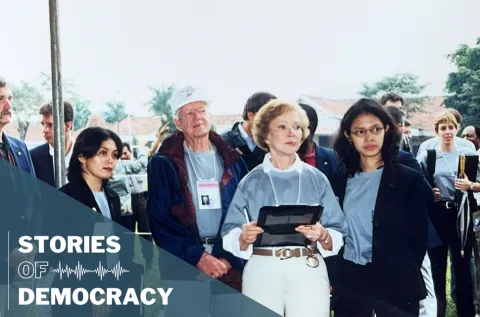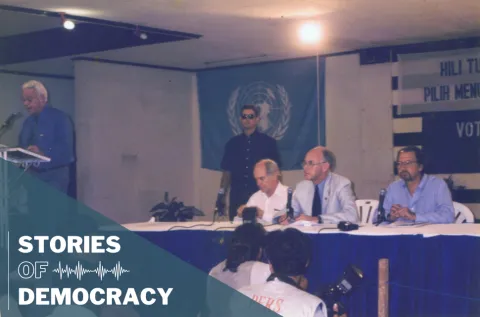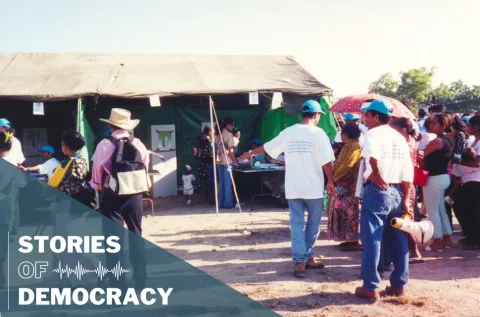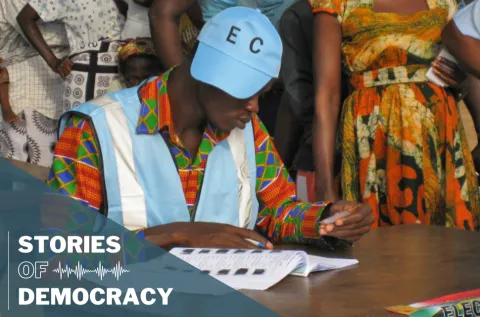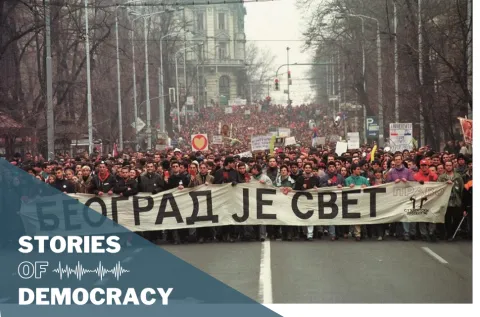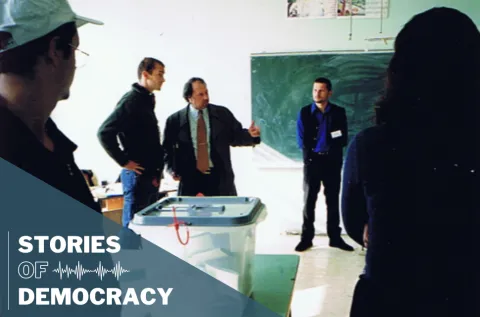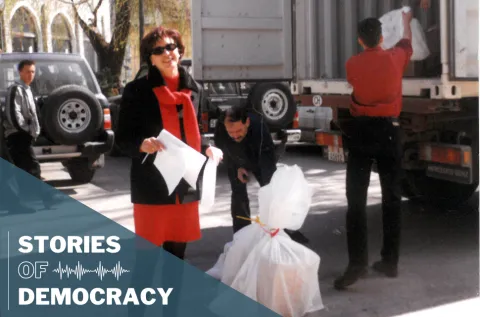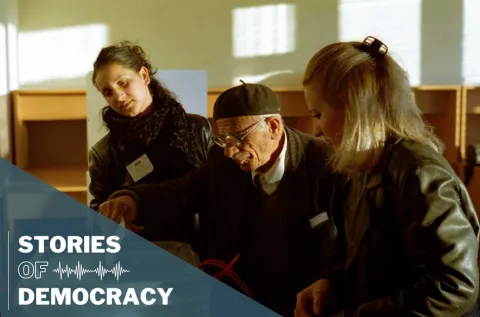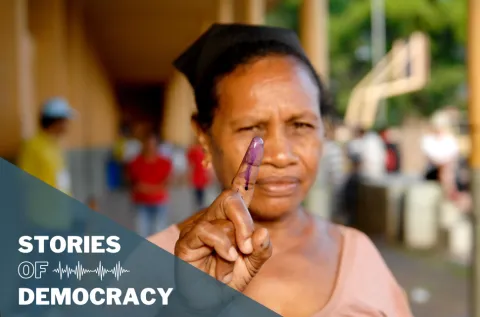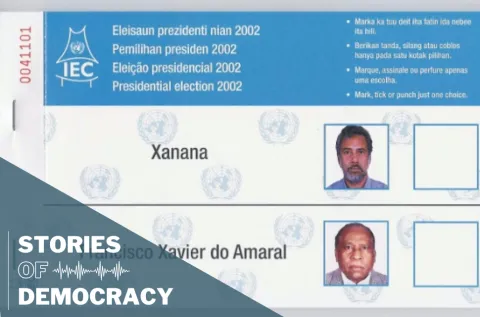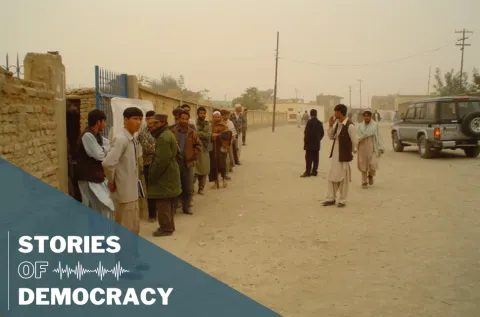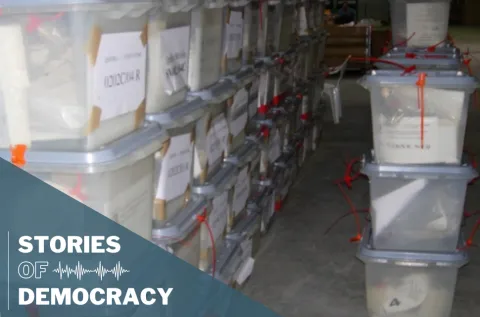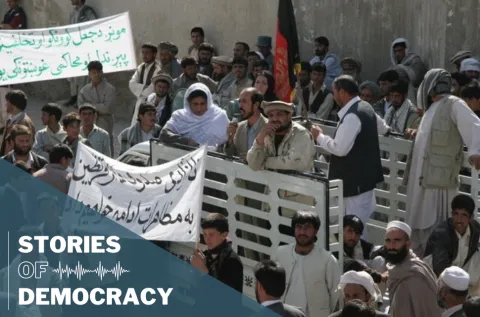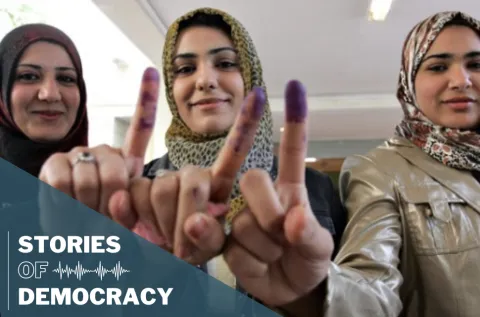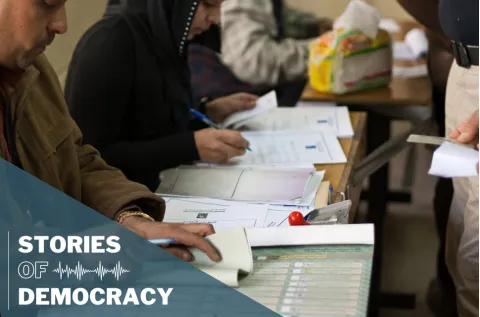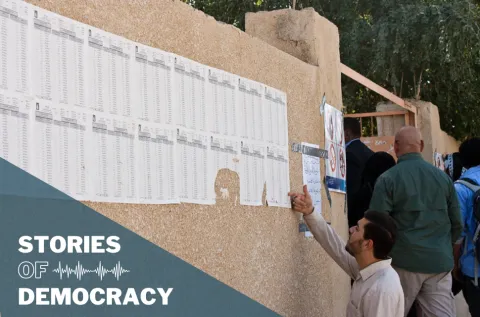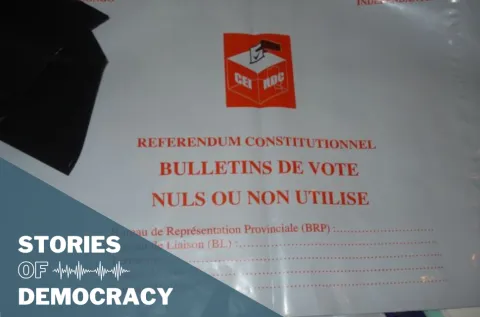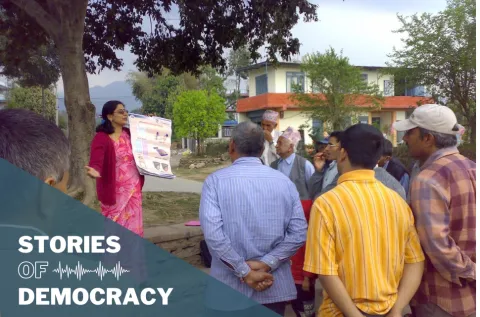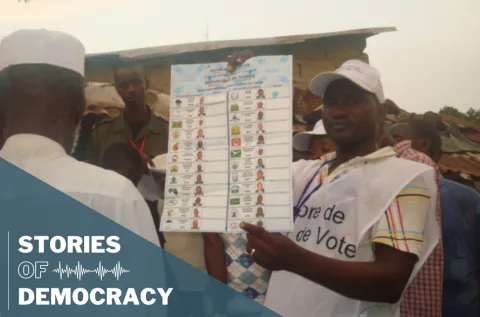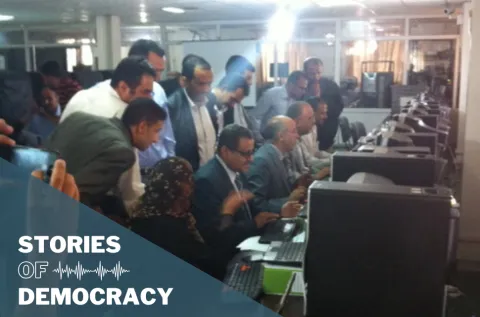Liberia – 1997 – National Elections
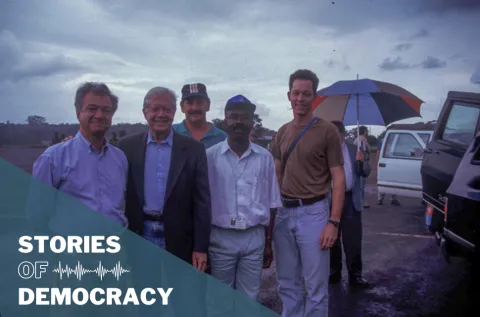
In July 1997 Liberia held its first national elections in decades as part of the peace agreement ending the first Liberian Civil War. The election, which took place after the 1980 coup and eight years of devastating conflict, was seen as a crucial step toward stability. It faced immense challenges, including a lack of basic infrastructure, an election management body with nearly no prior experience, and an electorate dispersed across a war-ravaged country and in bordering countries with poor road access. Terrence Lyons noted that ‘one-tenth of the prewar population of 2.5 million people died, one-third became refugees, and nearly all the rest were displaced at one time or another.’ This was exacerbated by Liberia’s rugged terrain and heavy seasonal rains. Despite these obstacles and an initial postponement from May to the wettest month of July, the high-risk high-reward election was considered to have been conducted successfully and its results accepted by Liberians and the international community.
Through the process significant political leadership came from the Economic Community of West African States (ECOWAS) which had brokered several peace agreements from 1993 and from the sub-regional body’s military observer group ECOMOG. Other international community support was led by the United Nations Observer Mission in Liberia (UNOMIL) with a UN Security Council mandate to observe the elections. Electoral technical support was provided by the US-funded International Foundation of Electoral Systems (IFES). Former rebel leader Charles Taylor secured a decisive victory, winning over 75% of the vote and his National Patriotic Party winning a similar size of seats in both houses of parliament. For many Liberians, his presidency was viewed as the only path to securing peace. However, the fragile political settlement soon unraveled, as key aspects of the peace process failed to take hold. By 1999, Liberia had descended into the Second Liberian Civil War, culminating in Taylor’s exile in 2003 but also his subsequent 2006 detention by the Special Court in Sierra Leone and then imprisonment for 50 years.
In this recording, Henrique Arevalo, Research Assistant at Georgetown University, interviews Adrian Morrice, who was deployed by the UN in Liberia to support the Independent Elections Commission (IECOM) in organizing the elections. Adrian reflects on the challenges of supporting the organization of elections in a post-conflict setting, the role of international and regional actors like ECOWAS and the UN, and the long-term impact of the 1997 elections on Liberia and conflict-affected electoral processes worldwide.
Adrian Morrice: Adrian has been a practitioner and researcher in political transitions, conflict prevention and peacebuilding since the early 1990s. Deploying to UN Force Headquarters, Somalia in 1993 as an Australian Navy staff officer, he later joined the UN and was deployed to six more peacekeeping operations and political missions in Liberia, Western Sahara, Timor Leste and Sierra Leone. He supported other transition elections in Nigeria, Nepal, Mexico, Pakistan, Mongolia and Thailand. After working in the UN’s Departments of Peacekeeping and Political and Peacebuilding Affairs, he lived in Myanmar supporting ceasefire and other peace processes, then Nepal as the UN conflict prevention adviser. He currently lives in Melbourne.
